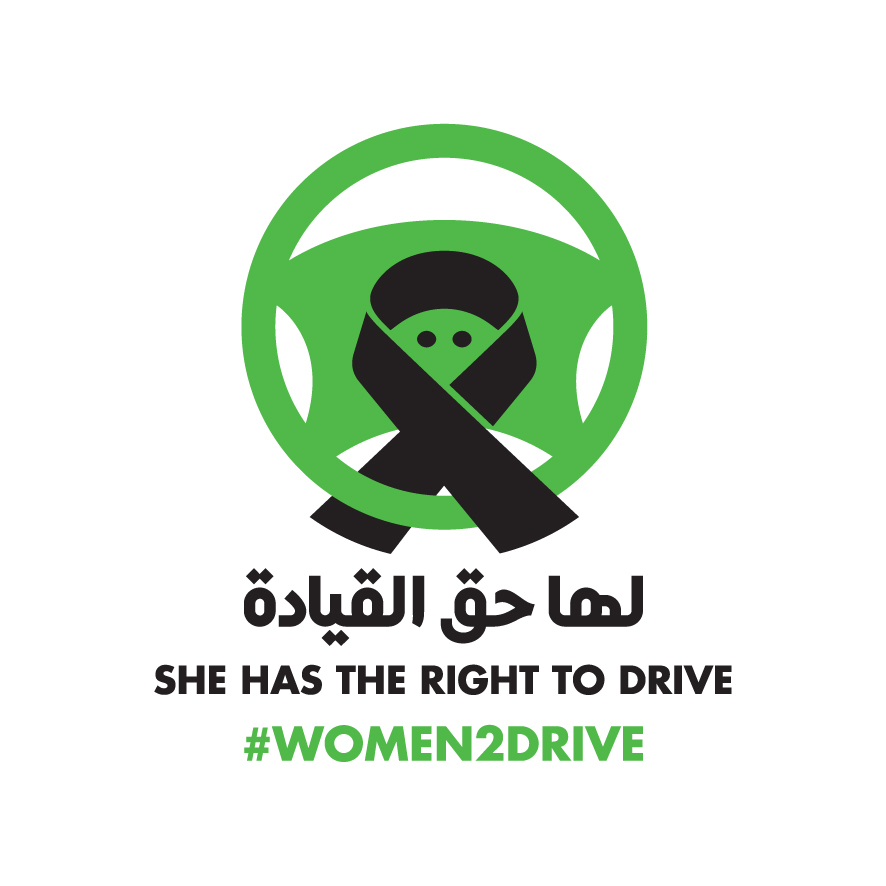Saudi Arabia
Saudi Arabia is in the Middle East and occupies about “four-fifths of the Arabian Peninsula”. It is home to Islam’s two holiest cities, Mecca and Medina. When thinking of Saudi Arabia, most people associate it with religion, petroleum wealth, and tribalism. Although, throughout the years, Saudi Arabia has become more urban while experiencing vast technological, educational, social, and economic changes. However, in terms of women’s rights, Saudi Arabia has received much backlash.
Women’s Rights Timeline in Saudi Arabia
In 1955, Saudi Arabia’s first school for girls was created and, in 1970, the first university for women opened its doors. In 2001, women were allowed to get personal identification cards as long as they had permission from their guardian. Furthermore, it was issued to the guardian, not the women. Until 2005, it was cultural practice for women to be forced into marriages even though it was considered illegal. Four years later, in 2009, the first female government minister, Noura al-Fayez, was appointed. In 2012, women were allowed to compete in the Olympics on the national team for the first time. Before the 2012 Olympic Games, there was a possibility that Saudi Arabia could be banned due to gender discrimination. A year later, women could ride bicycles and motorcycles in recreational areas but only if they wear the full Islamic body covering and have a male relative present. That same year, 30 women were sworn into the consultative council, the Shura. In 2015, women could run for office for the first time, which resulted in 20 women being elected to municipal roles in the absolute monarchy. Beginning just last year, women can now go to the sports stadiums and drive. Furthermore, in order for women to get their driver license, they do not need permission from a male guardian and can drive by themselves. Finally, in 2019, there a new law established where women would receive a text message if they got divorced, whereas in the past, their marriage could end without their knowledge. Additionally, they can check their marital status online or in court, but only if she has her husband’s approval or if he has harmed her. Many of these policy reforms still include male supervision. While persecution is a high risk, women are willing to fight for their freedom.

Their Stories
Rahaf Mohammad al-Qunun fled from Saudi Arabia to Canada; she was seeking a place where she can be free. Even though she left her family behind, now she can make her own decisions. She said, “I don’t have any contact with my family, but I think that’s good for me and for them. I feel like this is my home now. It’s better here.” Two girls, Reem and Rawan, escaped from Saudi Arabia to Hong Kong. Reem claims, “Our rooms were the prison cell and our fathers and brothers were the prison keepers. Saudi Arabia is one big prison.” However, they cannot stay in Hong Kong for long because they are at risk of being possibly removed or prosecuted. If they are forced to return to Saudi Arabia, the outcome could result in imprisonment or death. Cases similar to Reem and Rawn’s tend to often be covered up.
Why Women Run
One of the most common reasons women flee Saudi Arabia is due to the restrictions placed on where women can travel. Women are not given the right to leave the country without their male guardian’s permission. Furthermore, a woman’s ability to choose her marriage partner is solely dependent on the permission of their male guardian. In January 2019, the country set the minimum age of marriage at 18, but girls aged 15-18 can still become married without the court’s approval. Other reasons include but are not limited to domestic violence, discrimination in employment and healthcare, and inequality in divorce, child custody, and inheritance.
Technology and its Effect on Women’s Rights
With every technological advances comes benefits and drawbacks. The benefits can include a platform where people are given a voice to share their thoughts and an accessible platform from anywhere in the world. However, the drawbacks comprise of undesired scrutiny which can make one an easy target. As a result, one of the biggest questions now is “whether it is the responsibility of technology companies to make sure their platforms are not used by governments to repress their citizens.”
In Saudi Arabia, there is an app called Absher, which the government can access. The purpose of the app is for men to approve or deny women to go abroad. As mentioned earlier, some women have tried fleeing the country and must do this secretly due to not having permission from their male guardian. In this case, technology is detrimental for women’s rights because it places a limitation on their freedom. Technological advancement makes it easier for men to have power over women by “policing” the women’s movement. Whenever a woman wants to go to the airport, she cannot leave without the government and her guardian knowing because they receive a text alert; people have gotten around this system. For example, Salwa left Saudi Arabia by getting her father’s phone and replacing his information with her information. Thus, she was able to make consent for her sister and herself, although risking legal consequences. People believe that these apps are causing discrimination to become more normalized. Unfortunately, even though the companies are aware of the circumstances, removing the app would not solve women’s issues in Saudi Arabia. The government in Saudi Arabia has a website that comprises of the same functionality as the app does.

The Future
During a session of the United Nations General Assembly in New York, leaders of Saudi Arabia discussed their goal of developing the country by increasing participation from women. In fact, the number of female diplomats has expanded steadily over the years. While the future for Saudi Arabia’s women is unknown, there is “cautious optimism” in regards to women having a bigger role in society and politics.
